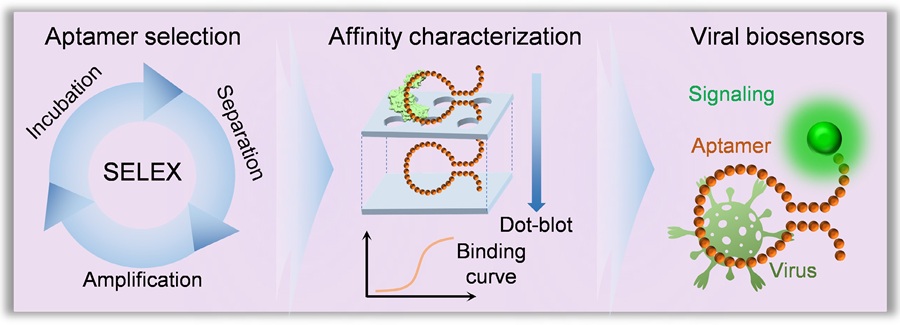Blood Collection Device Minimizes Cellular DNA Release
By LabMedica International staff writers
Posted on 27 Aug 2013
Cell-free DNA (cfDNA) circulating in blood is currently used for noninvasive diagnostic and prognostic tests and minimizing background DNA is vital for detection of low abundance cfDNA.Posted on 27 Aug 2013
A newly introduced blood collection device could reduce background levels of genomic DNA (gDNA) in plasma compared to standard tubes, when subjected to conditions that may occur during sample storage and shipping.

Image: Cell-free DNA BCT tube (Photo courtesy of Streck, Inc.).
Scientists working for a commercial manufacturer took blood samples from healthy donors into tri-potassium ethylenediaminetetraacetic acid (K3EDTA) tubes and Cell-Free DNA BCT (BCT), which is a new collection device that contains a novel chemical cocktail. Samples were shaken or left unshaken to simulate shipping. In a shipping study, samples were shipped or not shipped. To assess temperature variations, samples were incubated at 6 °C, 22 °C, and 37 °C. In all cases, plasma was harvested by centrifugation and total plasma DNA (pDNA) assayed by quantitative real-time polymerase chain reaction (qPCR). The QIAamp Circulating Nucleic Acid Kit (Qiagen; Santa Clarita, CA, USA) was used for the extraction of pDNA.
The BCT tubes are manufactured by Streck, Inc., (Omaha, NE, USA) while the K3EDTA tubes were the BD Vacutainer, (Becton Dickinson; Franklin Lakes, NJ, USA). Shaking of blood drawn into K3EDTA tubes showed a significant increase in pDNA over 24 hours whereas no change was seen in Cell-Free DNA BCT tubes. Blood incubated at 6 °C, 22 °C, and 37 °C showed significant increases in pDNA isolated from K3EDTA tubes, while pDNA levels from Cell-Free DNA BCT remained stable over 14 days.
The novel stabilizing chemical cocktail prevents the release of gDNA into plasma post phlebotomy up to 14 days, avoiding labor-intensive requirements. Using this blood collection device, ex vivo storage at room temperature becomes possible, allowing flexibility for offsite blood drawn to be sent to centralized laboratories for downstream analysis of the cfDNA without preliminary centrifugations or cryopreservation.
The authors concluded that Cell-Free DNA BCT tubes prevent increases in background gDNA levels caused by temperature fluctuations or agitation that can occur during blood sample storage, shipping and processing. This novel blood-collection tube provides a method for obtaining high quality stabilized samples for rare DNA target detection and determining accurate cfDNA concentrations. The study was published on July 12, 2013, in the Journal of Clinical Laboratory Analysis.
Related Links:
Qiagen
Streck, Inc.
Becton Dickinson













